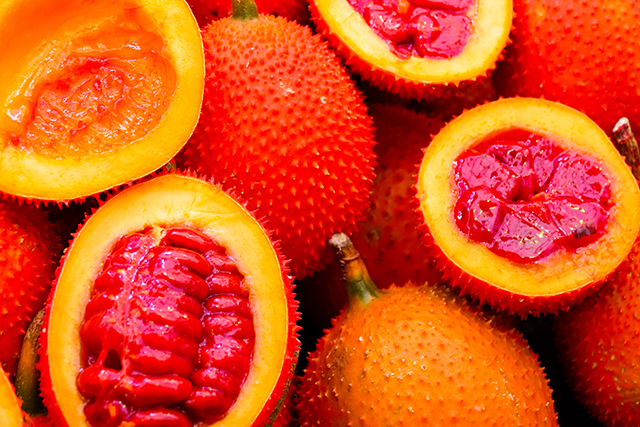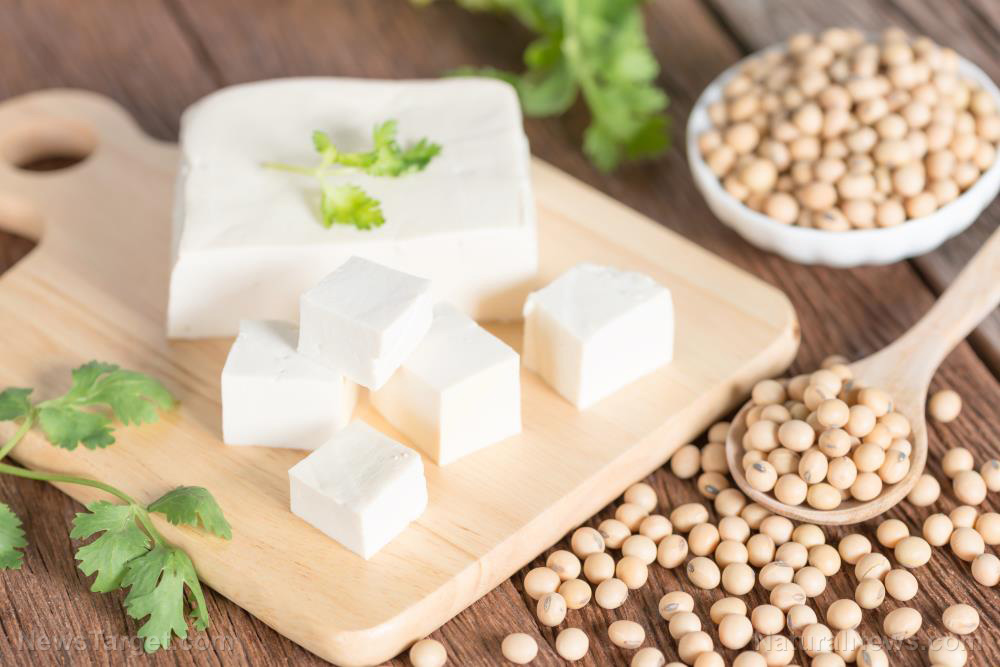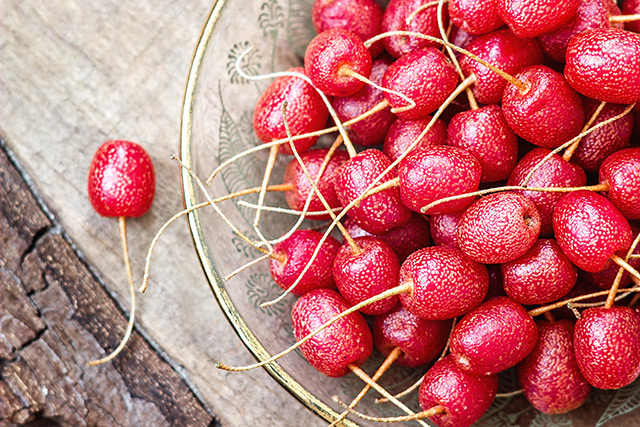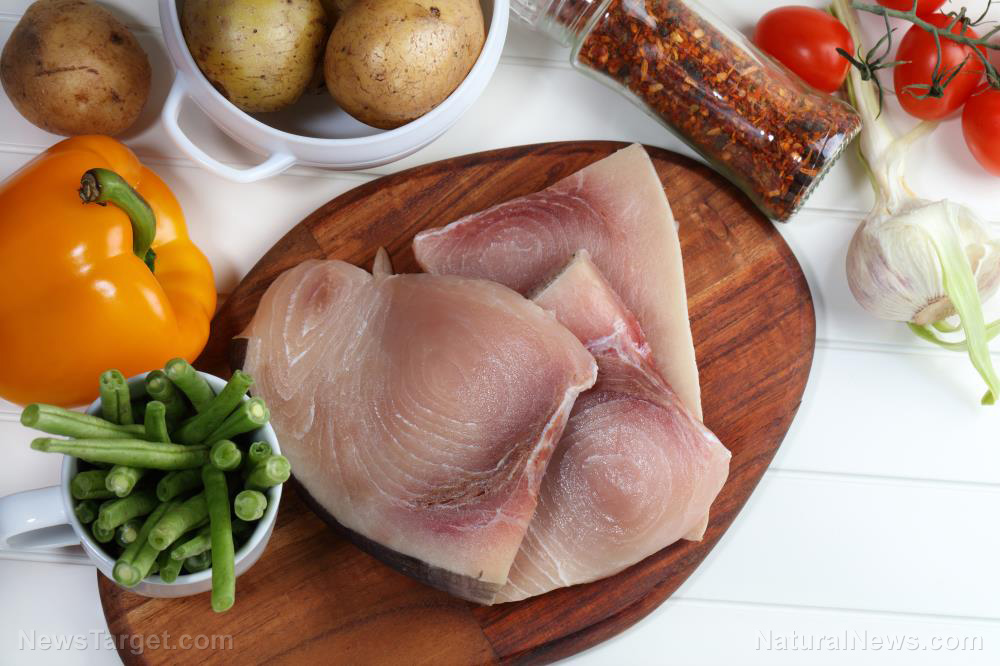Gac seeds exhibit anti-inflammatory action
05/06/2019 / By Evangelyn Rodriguez

In this study, researchers from Sungkyunkwan University in South Korea evaluated the anti-inflammatory effects of saponins extracted from the seeds of gac (Momordica cochinchinensis Spreng), an edible fruit from Southeast Asia valued for its nutritional and medicinal properties. The results of their chemical and biological analyses were published in The American Journal of Chinese Medicine.
- The seeds (Momordicae Semen) of the gac fruit (Momordica cochinchinensis) are used in traditional Chinese medicine to treat boils, rheumatic pain, muscle spasm, hemorrhoids, and hemangiomas.
- The researchers used ethanol as extraction solvent and successfully identified three triterpenoidal saponins (1–3). They used RAW264.7 cells to assess their anti-inflammatory activities.
- The researchers also used overexpression experiments and immunoblot analyses with Src and Syk to confirm the molecular targets of the saponins.
- Among the three saponins, compound 3, also known as momordica saponin I, reduced the production of nitric oxide (NO) in LPS-activated RAW264.7 cells without inducing cytotoxicity.
- Momordica saponin I also decreased the mRNA levels of inducible NO synthase (iNOS) and cyclooxygenase (COX)-2.
- In addition, momordica saponin I inhibited the translocation of subunits of the transcription factor NF-KB, p65 and p50, into the nucleus.
- Momordica saponin I treatment also decreased the phosphorylation levels of inflammatory signaling proteins (IKBA, Src, and Syk), which are known to be upstream regulatory molecules of p65.
Based on these results, the researchers concluded that the momordica saponin I in gac fruit is a bioactive immunomodulatory agent that could be beneficial in treating inflammatory diseases.
Journal Reference:
Yu JS, Kim JH, Lee S, Jung K, Kim KH, Cho JY. SRC/SYK-TARGETED ANTI-INFLAMMATORY ACTIONS OF TRITERPENOIDAL SAPONINS FROM GAC (MOMORDICA COCHINCHINENSIS) SEEDS. The American Journal of Chinese Medicine. 2017;45(03):459–473. DOI: 10.1142/s0192415x17500288
Tagged Under:


















